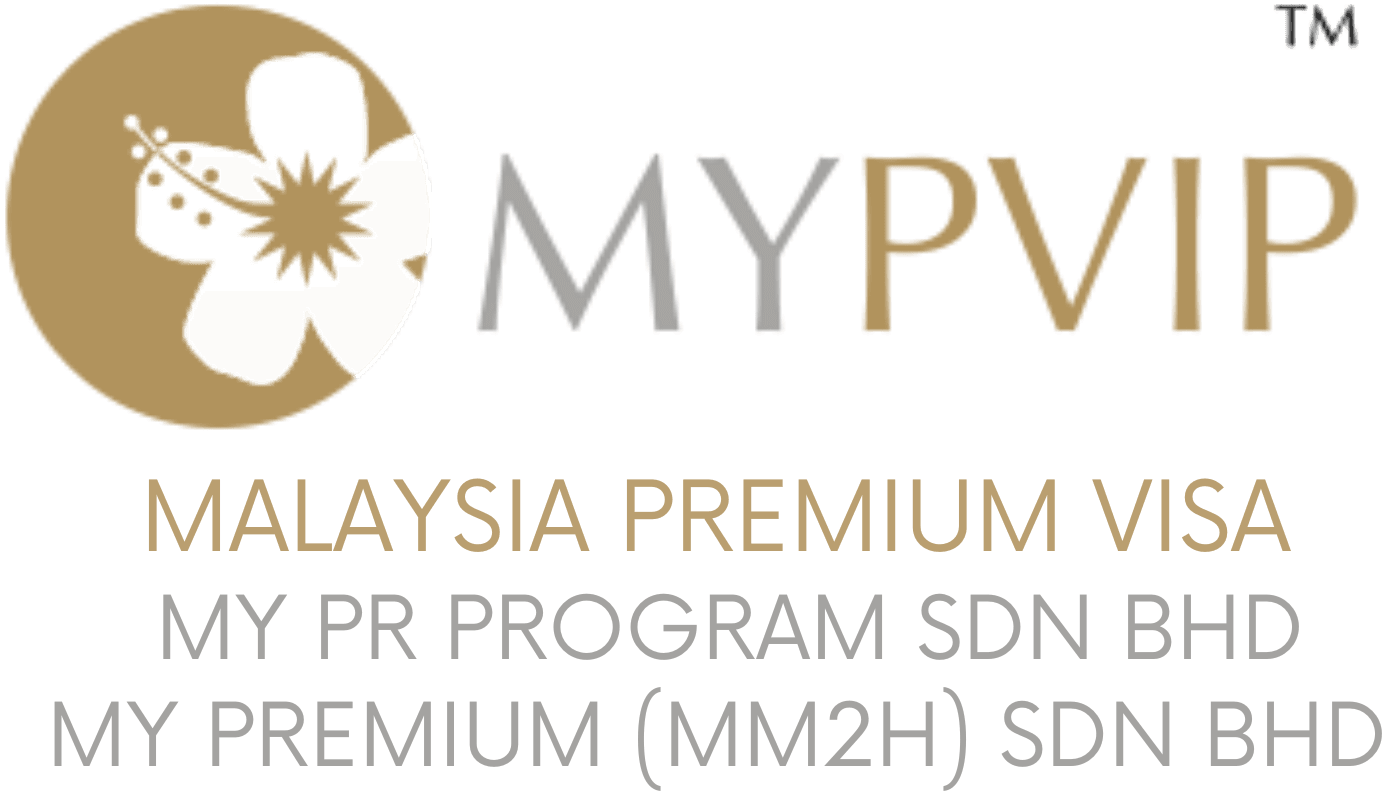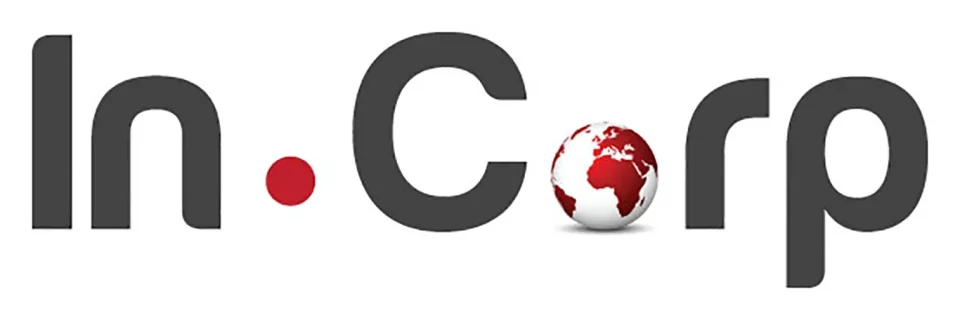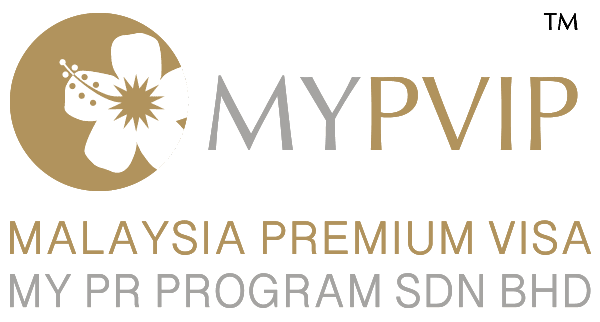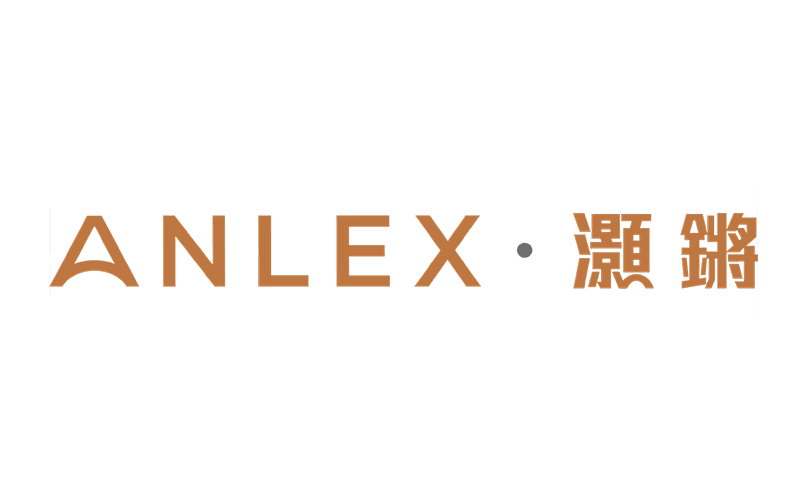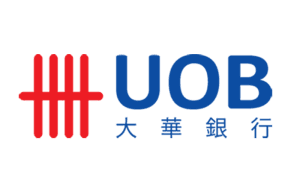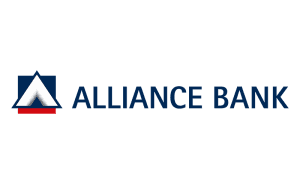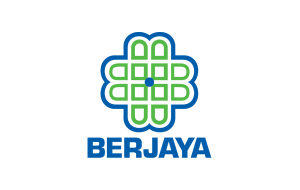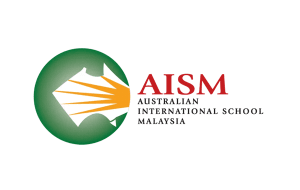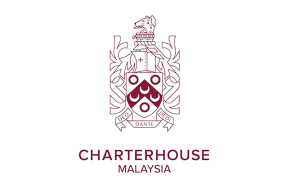The global battle for talent has been a little more heated since September 2022, with Malaysia announcing its Premium Visa Programme (PVIP) aimed at attracting “global tycoons”.
But with 75% of companies reporting talent shortages, will Malaysia’s salvo in the talent war be enough to best other direct investment-focused visas like Singapore’s ONE Pass?
Let us look at each visa and see what they offer, how they differ, and which is the best choice for top-performing expats.
ONE Pass Singapore: What is the Overseas Networks and Expertise Pass About?
Singapore announced a new pass, the Overseas Networks and Expertise (ONE) Pass, in August 2022, which became active on Jan 1, 2023.
It is designed to be Singapore’s most adaptable working visa in its history, focusing on attracting top-tier global talent to the Lion City.
One big attraction of the ONE Pass for expats is that they are not required to find employment immediately, allowing them to take time to find the ideal opportunity.
Once they find their ideal position, they are also free to work for multiple companies simultaneously, greatly expanding their options.
ONE Pass holders can also start their own businesses, even if another company already employs them.
This contrasts with other Singapore working visas like the Employment Pass (EP) and Personalised Employment Pass (PEP), which have more restrictions on entrepreneurship.
Related Read: An Overview of the ONE, EP, and PEP Work Passes »
Crucially, a ONE Pass holder can sponsor their children, and their spouses will be allowed to work upon obtaining a Letter of Consent (LOC).
Singapore’s ONE Pass is a 5-year visa, which again, holds advantages over the Employment Pass (EP) and Personalised Employment Pass (PEP), which are only valid for 2 and 3 years, respectively.
The pass can then be extended to a further 5 years if certain criteria are met.
To obtain these attractive benefits, applicants must be confident of their credentials, as the barriers to entry are significantly higher than Singapore’s lesser working visas.
The ONE Pass is targeted at high-income earners with a fixed monthly salary of US$22,000 monthly or US$262,000 annually.
Candidates who are existing work pass holders also need to prove that they have been working for at least 1 year in Singapore, or will be working for an established company in the country.
Overseas candidates also need to show that they have been working for at least 1 year for a reputable company overseas, or will be doing so in Singapore.
Applicants with outstanding achievements in research and academia, science and technology, sports, or arts and culture are also considered even if they do not meet the salary criterion.
What is Malaysia’s Premium Visa Programme (PVIP) About?
The Malaysia Premium Visa Programme (PViP) is a long-term residency visa that enables foreign talent to live in Malaysia for up to 20 years.
The Malaysian Government introduced it on Sept 1, 2022, to attract wealthy foreigners to invest in Malaysia and drive its economic growth.
The PVIP will allow holders to study, work, invest (in approved sectors), and run one or more businesses in Malaysia. It also allows sponsoring dependants, such as your spouse and children under 21 but there are fees attached as mentioned below.
The visa is valid for up to 20 years. Despite this long visa length, it must be renewed every five years; technically, five years is the longest validity for a Malaysian working visa.
While the required income is lower than the ONE Pass, the overall entry requirements are more involved than the ONE Pass.
Applicants must earn an offshore income of at least US$9,000 monthly or US$107,000 annually.
However, to sponsor dependants, applicants must also pay one-off participation fees of US$45,000 for themselves and US$24,000 for each dependent.
Applicants must also open a fixed deposit account of US$224,000 with a licensed bank in Malaysia. They may withdraw up to half of that amount after one year to invest in the Malaysian economy.
Singapore’s ONE Pass vs Malaysia PVIP: A Comparison
| Singapore | Malaysia | |
|---|---|---|
| Visa Programme | ONE Pass | PVIP |
| Salary Eligibility | Earn a monthly equivalent of US$262,000 annually | Earn a monthly equivalent US$107,000 annually |
| Validity | 5 years (renewable for another five years) | 20 years |
| Start Date | Jan 1, 2023 | Oct 1, 2022 |
Singapore’s ONE Pass vs Malaysia’s PVIP: Which is Better?
Both visas will appeal to expats, but which is the better choice? Ultimately, it depends on your employee’s circumstances and needs.
If an applicant is a high-income earner looking to establish roots with their family and have as much economic freedom as possible, the ONE Pass might be a better fit.
As long as they can meet the criteria, it offers more flexibility than the PViP in terms of its multiple-employer option and entrepreneurial scope.
On the other hand, if applicants are looking to make a 20-year commitment to Malaysia’s economy or start their own business while having the ability to study, then the PVIP may be a better choice.
The entry requirements have a lower income threshold, but be aware of other requirements, like paying for dependents and making significant deposits into Malaysian bank accounts.
Ultimately, the utmost concern for most prospective talent will likely be political stability and access to a mature, robust economy with endless prospects of building a life.
In this regard, Singapore is superior to Malaysia in many ways, so the PVIP might not be sufficient enough to attract professionals when they can have a better overall experience in Singapore.
Related Read: Is the Singapore ONE Pass or Hong Kong Top Talent Pass Better? »
If you would like any help in deciding what the ideal work visa is for your employees, whether it be Singapore, Malaysia, or any other Southeast Asian country, InCorp Global is here to help.
We offer knowledgeable, experienced advice tailored to each individual’s needs and circumstances.
With InCorp’s guidance, you can be assured that the visa application process will be much smoother and stress-free.
Contact us today to discuss your options — let us make your journey easier together.
Source: In Corp Asia https://www.incorp.asia/blogs/one-pass-singapore-vs-malaysia-pvip-work-visas/
